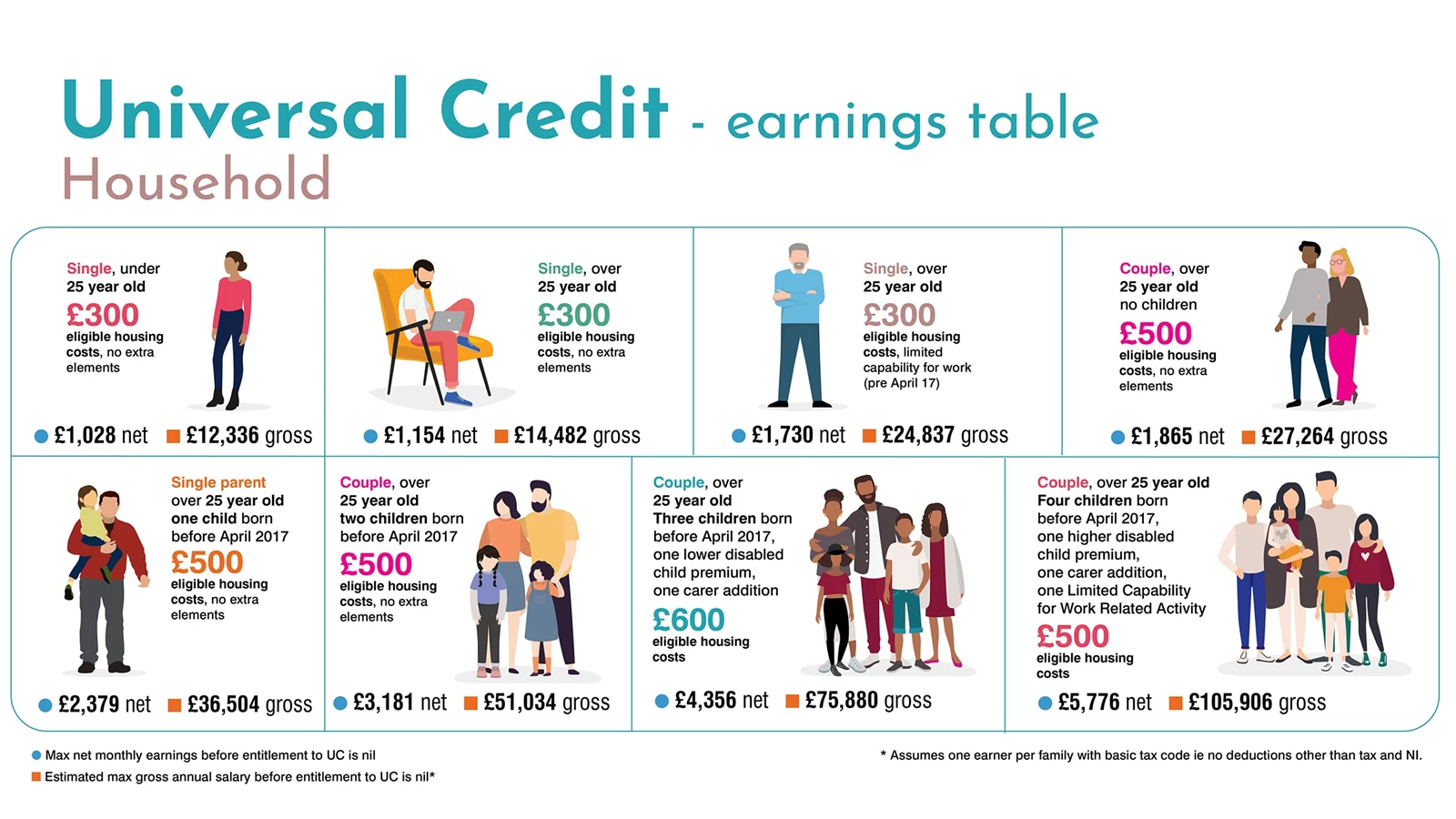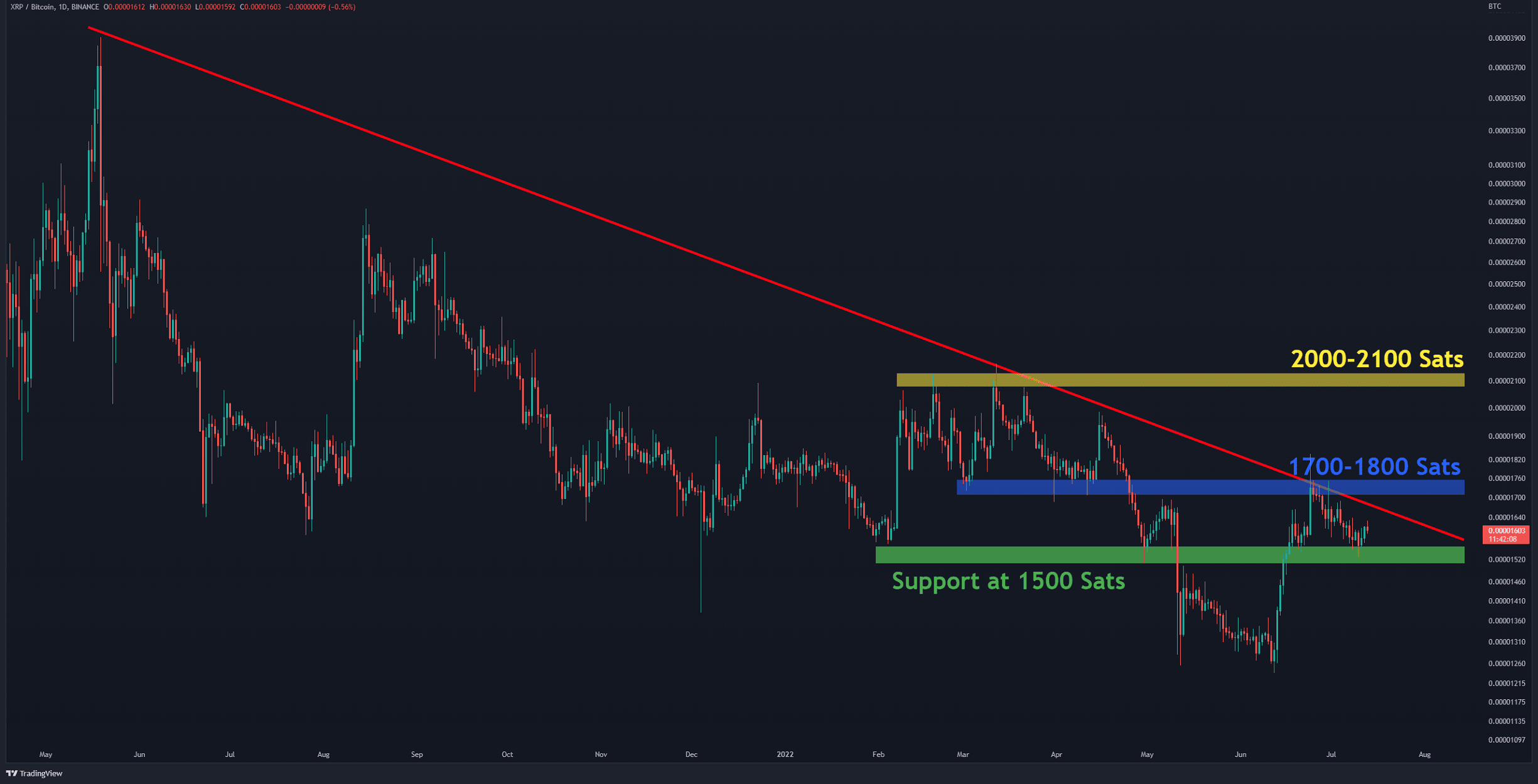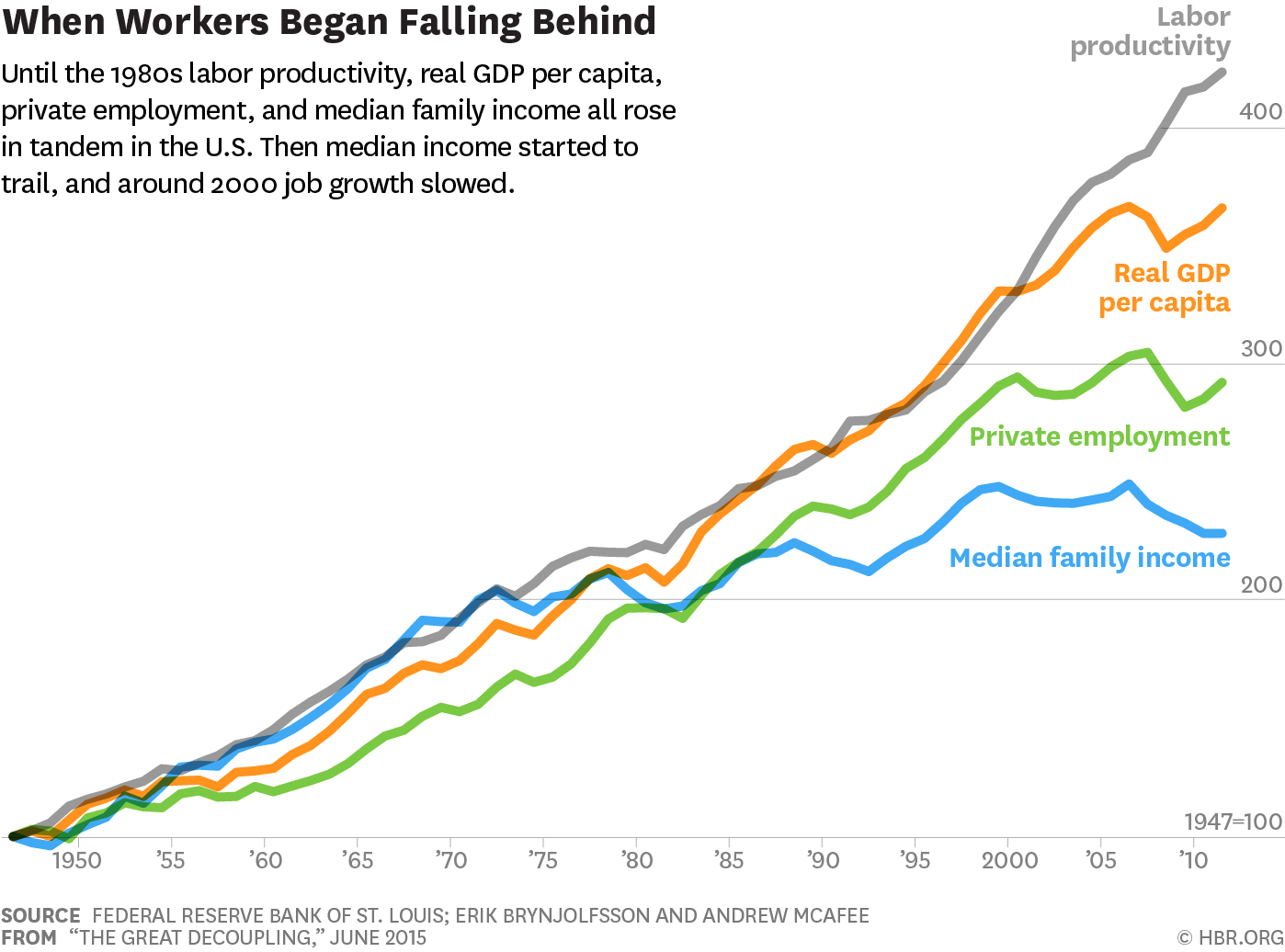DWP Universal Credit Refunds: April And May Payments After £5 Billion Cuts

Table of Contents
Understanding the £5 Billion Universal Credit Cuts
What changes were made?
The £5 billion reduction to Universal Credit, implemented in April and May 2024 (adjust year as needed), involved significant alterations to the benefit system. These changes primarily affected the previously increased payments introduced during the pandemic.
- Reduction in the Universal Credit uplift: The temporary pandemic uplift, which provided an additional weekly amount, was removed entirely.
- Changes to eligibility criteria: Some previously eligible individuals may now find themselves ineligible for the full amount, or ineligible altogether, due to stricter criteria.
- Changes to the calculation of housing costs: The way housing costs are calculated may have changed, impacting the total amount received.
These changes were implemented as part of the government's austerity measures aimed at reducing national debt. For official government documentation verifying these changes, please refer to [insert link to relevant government website].
Who is affected by the cuts?
The impact of the £5 billion cut isn't uniform. Certain groups have been disproportionately affected:
- Families with children: The removal of the uplift has a considerable impact on families with multiple children.
- Low-income working individuals: Those working part-time or in low-paying jobs may find their income insufficient to cover essential needs following the cuts.
- Individuals in specific geographic locations: Rent prices vary significantly across the UK, meaning those in high-rent areas are particularly vulnerable to the impact of changes to housing element calculations within the Universal Credit system.
The extent to which individuals are affected depends on various factors, including household size, income, and location. It's vital to assess your individual circumstances to determine if you've been impacted.
Identifying Potential Overpayments and Underpayments
The changes introduced may have led to both overpayments and underpayments for Universal Credit recipients.
- Potential Overpayments: This could occur if a claimant’s circumstances have changed (e.g., increased income) and the DWP hasn't adjusted their payments accordingly, resulting in them receiving more than they're entitled to.
- Potential Underpayments: This might arise due to errors in the calculation of the benefit, incorrect inputting of information, or a failure to account for changes in a claimant's circumstances that should increase their entitlement.
- Overpayment recovery: If you received an overpayment, the DWP may attempt to recover these funds. It is important to respond to any communication from the DWP promptly.
- Underpayment claims: If you believe you've received less than you were entitled to, you can claim a refund.
How to Check for Potential DWP Universal Credit Refunds
Accessing your Universal Credit online account
The first step to check for potential refunds is to review your payment history online.
- Log in: Go to the Universal Credit website and log in to your account using your Government Gateway credentials.
- Payment History: Navigate to the section displaying your payment history. This usually shows the date of each payment and the amount received. (Include screenshots if possible).
- Alternative methods: If you don't have online access, you can contact the DWP helpline to request your payment information.
Comparing your payments to previous months
Once you've accessed your payment history, compare your April and May payments to previous months.
- Look for discrepancies: Are your April and May payments significantly lower than in preceding months? This could suggest an underpayment.
- Check the details: Scrutinise each payment detail, noting any differences in the calculation of your Universal Credit award.
- Inconsistencies: Any inconsistencies should trigger further investigation to determine if you're entitled to a refund.
Gathering supporting documentation
To support your refund claim, gather relevant documentation:
- Payslips: These prove your earnings during the relevant period.
- Bank statements: These verify the amounts you received.
- Childcare invoices: If applicable, these show your childcare costs.
- Any other relevant documents: Keep all documentation that might support your claim.
Claiming your DWP Universal Credit Refund
The process of submitting a claim
If you believe you're owed a refund, follow these steps:
- Gather your evidence: Ensure you have all the necessary supporting documents.
- Complete the appropriate form: Download the necessary DWP form or use the online portal to submit your claim (Include links to relevant forms and portals).
- Submit your claim: Send your completed form and supporting documents to the DWP. Ensure all the information is accurate and complete.
Timescales for processing claims
The processing time for refund claims can vary:
- Typical timeframe: The DWP usually aims to process claims within [insert estimated timeframe].
- Potential delays: Delays may occur due to high volumes of applications or if additional information is required.
- Appeals process: If your claim is rejected, you have the right to appeal the decision. Details of the appeals process can be found on the DWP website.
Seeking further assistance
If you need help with your claim, seek assistance from:
- Citizen Advice Bureaus: They offer free, independent advice.
- Relevant charities: Many charities provide support to Universal Credit claimants.
- Your local council: Your local council may also offer assistance.
Conclusion
The £5 billion cut to Universal Credit has significantly impacted many claimants' April and May payments. Understanding potential eligibility for DWP Universal Credit refunds is crucial to ensuring you receive the financial support you are entitled to. By carefully reviewing your payment history, gathering necessary documentation, and following the correct claims procedure, you can successfully reclaim any underpayments. Don't hesitate to seek assistance if needed. Take control of your finances and check for your potential DWP Universal Credit refund today!

Featured Posts
-
 Is Investing In Xrp Ripple Right For You A Financial Analysis
May 08, 2025
Is Investing In Xrp Ripple Right For You A Financial Analysis
May 08, 2025 -
 How To Prepare For The Great Decoupling A Strategic Approach
May 08, 2025
How To Prepare For The Great Decoupling A Strategic Approach
May 08, 2025 -
 2025 Release Date Announced For Stephen King Adaptation Directed By The Hunger Games Director
May 08, 2025
2025 Release Date Announced For Stephen King Adaptation Directed By The Hunger Games Director
May 08, 2025 -
 Ethereums Bullish Momentum Price Strength And Upside Potential
May 08, 2025
Ethereums Bullish Momentum Price Strength And Upside Potential
May 08, 2025 -
 Lidl Faces Lawsuit From Consumer Group Regarding Its Plus App
May 08, 2025
Lidl Faces Lawsuit From Consumer Group Regarding Its Plus App
May 08, 2025
Latest Posts
-
 Massachusetts Daycare Child Rapists Residence Sparks Outrage
May 09, 2025
Massachusetts Daycare Child Rapists Residence Sparks Outrage
May 09, 2025 -
 Viral Podcast Ignites Daycare Debate Psychologists Claims Face Scrutiny
May 09, 2025
Viral Podcast Ignites Daycare Debate Psychologists Claims Face Scrutiny
May 09, 2025 -
 Is Daycare Harmful A Psychologists Claims And The Expert Response
May 09, 2025
Is Daycare Harmful A Psychologists Claims And The Expert Response
May 09, 2025 -
 Daycare Debate Psychologist Sparks Outrage With Viral Podcast Claims
May 09, 2025
Daycare Debate Psychologist Sparks Outrage With Viral Podcast Claims
May 09, 2025 -
 Community Colleges Get 56 M To Combat Nursing Crisis
May 09, 2025
Community Colleges Get 56 M To Combat Nursing Crisis
May 09, 2025
